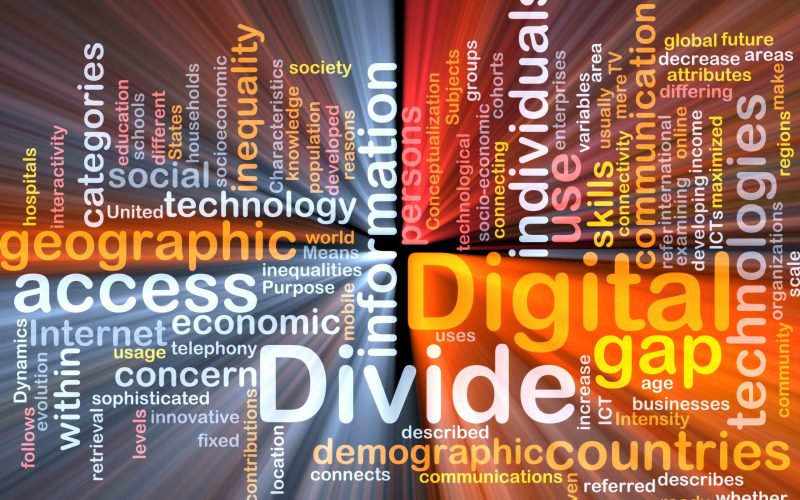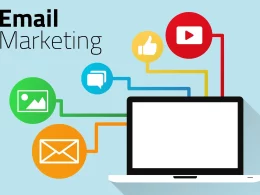Introduction
In today’s connected world, having strong digital skills is as essential as reading or writing. Yet many families and communities still lack access to quality digital education. The Spectrum Digital Education Program steps in to fill that gap. Launched by Charter Communications, this initiative offers a free, focused digital literacy curriculum that teaches internet basics, online safety, research skills, and the power of broadband. Whether you’re a student, parent, or community leader, the program helps participants build confidence and independence in the digital age. Let’s explore how the Spectrum Digital Education Program works, what it offers, and why it matters for everyone.
The Need for Digital Education
As more services move online—from school assignments to job applications—digital literacy has become critical. According to recent studies, roughly 30% of American households still lack high-speed internet access at home. Without basic skills, families struggle to:
- Complete homework and school projects
- Apply for jobs or work remotely
- Access telehealth and government services
- Safely navigate social media and online communication
By teaching both the “how” and the “why” of internet use, Spectrum’s program helps close this divide. It empowers learners of all ages to take full advantage of online resources.
Overview of the Spectrum Digital Education Program
The Spectrum Digital Education Program is a free, in-house curriculum integrated into community learning centers, libraries, and partner organizations. Key features include:
- Structured Modules: The curriculum is broken into clear lessons, such as “Introduction to Broadband,” “Internet Safety,” “Research Techniques,” and “Career Skills Online.”
- Hands-On Practice: Learners use real devices—laptops, tablets, or smartphones—to practice each skill as they learn.
- Instructor Training: Community educators receive training and materials to deliver sessions confidently and effectively.
- Multi-Format Resources: Lessons include slide decks, videos, printouts, and activity guides to cater to different learning styles.
- Progress Tracking: Participants receive certificates for each module completed, motivating them to continue learning.
This comprehensive approach ensures that every learner gets both the instruction and the practice needed to master digital tools.
Core Curriculum Modules

1. Introduction to Broadband
This module helps learners understand what broadband is, why it matters, and how to choose the right plan. Topics include:
- The difference between dial-up, DSL, cable, and fiber
- How broadband speeds affect streaming, downloads, and video calls
- Tips for managing data usage and costs
By the end, students can explain broadband basics to friends and family and select plans that fit their needs.
2. Internet Safety and Privacy
Online dangers—such as scams, phishing, and malware—can harm anyone. This lesson covers:
- Creating strong, unique passwords and using password managers
- Identifying phishing emails and scam websites
- Privacy settings on social media and browser plugins that block trackers
Learners practice spotting fake emails and set up two-factor authentication on test accounts for real-world experience.
3. Effective Online Research
The internet holds vast information, but not all of it is reliable. This module teaches:
- Using search engines with advanced filters and operators
- Evaluating website credibility through authorship, date, and domain
- Organizing research with bookmarks, notes, and free tools like Google Keep
Students complete a mock research project—such as planning a community event—to practice these skills.
4. Digital Communication and Collaboration
Working and studying online often requires tools for collaboration. Topics include:
- Setting up and using email, calendar invites, and video calls (Zoom, Teams)
- Collaborating on documents with Google Docs or Microsoft 365
- Netiquette: clear, polite writing and respecting online spaces
Participants set up a group project, assigning roles and checking in via shared documents and chat functions.
5. Career and Learning Opportunities Online
Digital literacy opens doors to work and education. This final module explores:
- Building a resume with free online templates
- Searching and applying for jobs on platforms like Indeed and LinkedIn
- Accessing free online courses (Coursera, Khan Academy) for upskilling
Learners draft a basic resume and apply to a sample job posting during the session, reinforcing practical application.
Impact on Communities
Since its launch, the Spectrum Digital Education Program has reached thousands of learners across the country. Community centers report outcomes such as:
- Increased Confidence: Participants who once avoided online tasks now manage email, research, and virtual meetings independently.
- Job Success: Many graduates secure new jobs or promotions after improving their digital skills.
- Family Engagement: Parents who learn alongside children help with homework and model safe internet habits at home.
- Library Partnerships: Public libraries hosting sessions see higher attendance and stronger ties to local families.
By tracking certificate completions and surveying participants, program coordinators see clear growth in both skills and community connections.
Benefits for Organizations
Community partners gain much more than an off-the-shelf curriculum. They receive:
- Fully Developed Materials: Ready-to-use lesson plans save staff time and training costs.
- Ongoing Support: Charter’s team offers technical assistance and periodic curriculum updates.
- Recognition: Partner logos appear on program materials and in communications, highlighting community leadership.
- Funding Opportunities: Local organizations can leverage program success when applying for grants or municipal support.
These benefits help ensure sustainability and continuous improvement of digital education offerings.
How to Join or Support the Program
If you represent a library, school, nonprofit, or community center, joining the Spectrum Digital Education Program is straightforward:
- Contact Charter’s Community Impact Team: Request program materials and instructor training.
- Schedule Training Sessions: Charter provides online or in-person workshops for your staff.
- Advertise Locally: Work with local media, social platforms, and flyers to reach potential learners.
- Host Regular Classes: Offer modules in sequence or as drop-in tech clinics, adapting to community needs.
- Gather Feedback: Use simple surveys to evaluate impact and guide future sessions.
Individuals can support the program by volunteering as teaching assistants, donating devices, or spreading the word among friends and neighbors.
Future Directions
As technology evolves, so will the Spectrum Digital Education Program. Planned enhancements include:
- Mobile Learning: Short video lessons and quizzes accessible via smartphones.
- Advanced Modules: Lessons on coding basics, digital marketing, and data privacy.
- Multilingual Resources: Materials in Spanish, Mandarin, and other languages to reach broader audiences.
- Virtual Reality (VR) Simulations: Hands-on, immersive experiences for career skills and technical training.
These advancements will help ensure the program remains relevant and impactful for years to come.
Conclusion
The Spectrum Digital Education Program offers a structured, hands-on path to digital literacy, empowering learners of all ages to harness the internet’s full potential. By covering broadband essentials, online safety, research skills, digital communication, and career tools, the curriculum builds confidence and independence. Community partners benefit from ready-made materials, training, and ongoing support, while participants gain real-world skills that improve education, job prospects, and everyday life. As the program expands with mobile, multilingual, and VR enhancements, its impact will only grow. Embrace digital learning today and help build a more connected, capable community.










